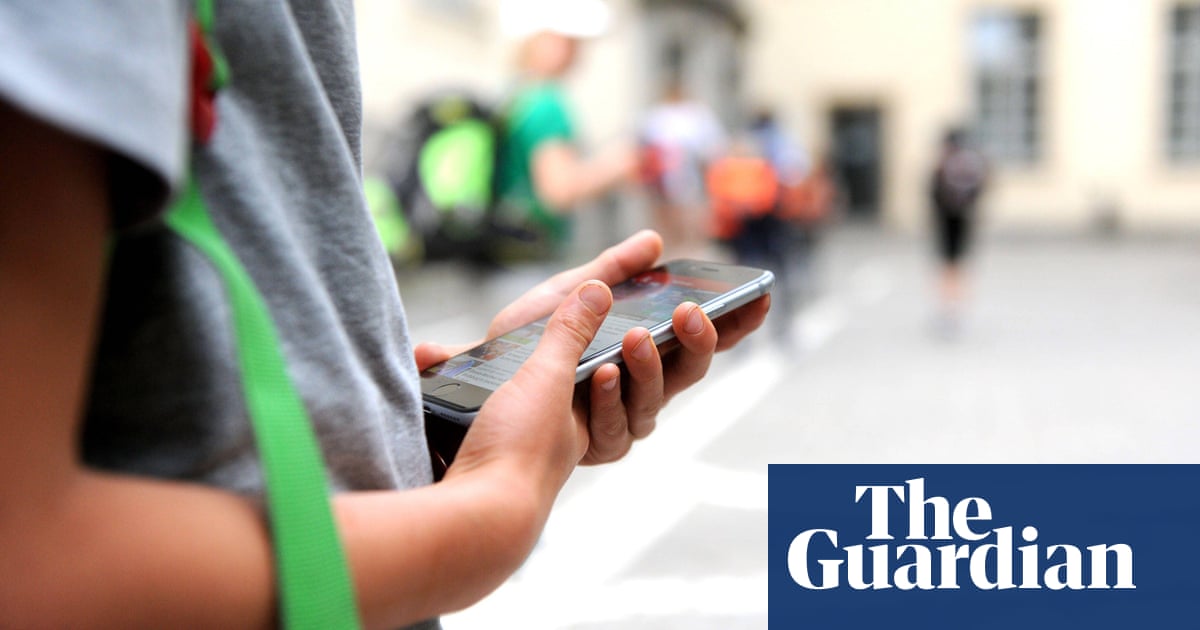I personally think that responsible smartphone use should be learned and practiced, rather than outright banning them.
I think this shows that adults are terribly addicted to their devices and think if they can’t stop using them, children won’t either. They certainly can’t teach how to use phones responsibly if they can’t do it themselves. Unfortunately for children the result is an outright ban.



Like it or not, smartphones and the internet are now a part of everyday life. Digital literacy is now as important as traditional literacy. Pretending that this shift has not happened, because education systems cannot adapt to it, is absurd.
The problems that are claimed to be caused by smartphones in class seem to be more down to to a lack of discipline and engagement. I went to school before any kind of mobile phone was a thing. There were still plenty of potential ways for students to goof off, yet teachers by and large managed to keep us focused and behaving.
Smartphones are a different league of distracting. Apps like social media are literally tuned to be as psychologically distracting as possible.
deleted by creator
There are plenty of spaces where alcohol use or being drunk are not allowed, does that mean that alcohol usage in these spaces is running rampant? No. Because there’s a difference between a complete societal ban and restrictions in certain areas.
You could easily ban phone usage during classes and allow kids to use their phones during breaks, with the punishment for using them during class being confiscation until the end of the school day. You can teach digital literacy and responsible usage of technology and/or the internet without kids having their phones in their hands when you teach it.
Apps are made to be addictive, it’s understandable that kids could have issues concentrating on things that seem less interesting when an entertaining distraction is right at their fingertips.
You do have a point. It would be more constructive to make them connect to a WiFi point that blocks known social media app endpoints
Pretty much every school is equipped with a firewall that blocks pornography, social media, and now in some cases GPT. But the thing about that is that by my estimate about 95% of students’ phones use cellular data which nullifies any school board’s attempt to block content.
I’m a teacher and have a no phone policy in my classroom, but during work periods they have a way of appearing. So stand behind them, take a rubber band and shoot it at the screen. They tend to find it pretty funny and surprising, and I reckon the surprise breaks the dopamine flow. Almost always they’ll stow the phone back in their bag without protest.
Even then, though, unhealthy phone use among teenagers is a huge problem. I know that an outright school ban might not be the correct solution, and that encouraging digital literacy is necessary (by the way this is something many teachers have already been doing for decades) but seeing first hand the effect that a dopamine addiction has on an adolescent brain is extremely distressing. It’s kind of like trying to encourage a person — nay, a teenager — to have a healthy relationship with cocaine. It’s impossible. And even outside of school, so many of my students are up during all hours of the night on TikTok, or YouTube Shorts, then showing up to school exhausted. Throw in the effect of social media, and it’s a recipe for disaster. IMO it’s one of the major contributing factors of teen mental health and ultimately suicide.
It would be infinitely more doable to simply ban students from having phones out in class than to somehow prevent them from using their own cellular data connection.
Smartphones are orders of magnitude more distracting than whatever existed before. Also, you can teach digital literacy all the while forbidding smartphone use outside of class, there is no real opposition there.
Anyone else remember doodling, passing notes, or talking in class? I grew up with smartphones becoming popular and such things were extremely common both before and after smart phones. If anything, some of them were more common. Teachers would take away phones but they didn’t do anything about doodling and couldn’t do much against talking in class.
There are plenty of hours outside of classroom instruction in a day where kids can (and already do) build all the digital literacy they like, so I don’t really see how that’s a meaningful argument.